مقدمة
Piping pigs play a crucial role in pipeline integrity management by actively ensuring the smooth and safe operation of oil and gas pipelines. These versatile devices actively clean pipelines, detect defects and prevent corrosion, maximizing the lifespan of the infrastructure. By effectively removing debris, sediment, and other contaminants, piping pigs optimize flow efficiency and minimize the risk of blockages. Additionally, they enable the detection of defects and corrosion through active inspection, allowing for timely repairs and maintenance. These pigs have active participation in pipeline integrity management. They are indispensable tools for maintaining the reliability and safety of pipeline systems.
Pipeline inspection and maintenance are significant to ensure the safe and efficient operation of oil and gas pipelines. Through regular inspections, people can solve potential issues, prevent costly failures, and safeguard the overall integrity of the pipeline infrastructure. Inspections serve as a crucial preventive measure against leaks, ruptures, and other hazards. Moreover, regular maintenance activities, including cleaning and corrosion control, extend the lifespan of pipelines and optimize their operational efficiency.
Understanding Piping Pigs
Definition and Functionality of Piping Pigs
Piping pigs, as robust devices, are utilized in pipeline operations to perform a range of crucial functions actively. Upon insertion into the pipeline, they are propelled by the flowing product or external means, such as compressed air or liquid. With their active nature, these devices effectively undertake pipeline cleaning, inspect their condition, and even facilitate the separation of different products in multi-product pipelines.
Types of Piping Pigs
Mechanical Cleaning Pigs: These pigs are equipped with scraping, brushing, or scraping discs that actively remove debris, scale, and other deposits from the pipeline walls. They provide thorough cleaning, ensuring optimal flow efficiency and preventing blockages.
Foam Pigs: Foam pigs are lightweight, cylindrical devices made of resilient foam material. They are often used for cleaning and separating different products in multi-product pipelines. Foam pigs create a seal between different products, preventing cross-contamination and maintaining product quality.
Ball Pigs: Ball pigs, as the name suggests, are spherical devices that effectively clean and displace liquids from the pipeline. They are commonly used for batching operations, where they separate different products or fluids during transportation.
Polyurethane Pigs: Polyurethane pigs are versatile pigs made of durable polyurethane material. They can be customized with various attachments and coatings to perform specific tasks, such as cleaning, gauging, or caliper measurement. These pigs provide efficient cleaning and inspection capabilities.
Importance
Each type of piping pig serves a specific purpose in pipeline operations, offering distinct advantages. Mechanical cleaning pigs actively remove debris and deposits, ensuring a smooth flow and preventing blockages. Foam pigs, on the other hand, actively separate different products, safeguarding product quality. Ball pigs contribute by effectively displacing liquids and facilitating product separation. Additionally, polyurethane pigs perform cleaning and inspection tasks based on their customized design.
By utilizing these various types of piping pigs, operators can effectively clean pipelines, detect potential issues, and ensure the integrity and efficiency of the pipeline infrastructure. The selection of the appropriate pig type depends on the specific requirements of the pipeline and the desired outcome of the operation. This strategic utilization of different pigs optimizes pipeline maintenance and enhances overall operational performance.
Cleaning Pigs: Ensuring Clean and Efficient Pipelines
Benefits of Regularly Cleaning Pig Runs
Regular cleaning pig runs play a crucial role in maintaining the cleanliness and efficiency of pipelines. By actively removing debris and sediment, cleaning pigs prevent blockages and pressure drops, ensuring smooth and uninterrupted flow.
Removing Debris and Sediment: Cleaning pigs actively scrape, brush, or scrape discs against the pipeline walls, dislodging and removing accumulated debris, scale, rust, and other deposits. This active cleaning process effectively eliminates potential contaminants that can hinder the flow of the product, ensuring a clean and unobstructed pipeline.
Preventing Blockages and Pressure Drops: Over time, the accumulation of debris and sediment in pipelines can have detrimental effects, resulting in blockages and pressure drops. However, the use of cleaning pigs actively addresses these concerns by efficiently removing such obstructions. By preventing the build-up of materials that could impede the flow and cause operational disruptions, cleaning pigs play a vital role in ensuring a clear pathway for the product to flow smoothly. As a result, they contribute significantly to maintaining optimal flow rates and minimizing pressure variations, enhancing the overall efficiency of pipeline operations.
خاتمة
In conclusion, piping pigs are indispensable tools in pipeline integrity management, actively ensuring the smooth and safe operation of oil and gas pipelines. By effectively cleaning the pipelines, detecting defects, and preventing corrosion. These versatile devices maximize infrastructure lifespan and optimize flow efficiency. Through proactive inspection and maintenance, piping pigs play a vital role in preventing leaks, ruptures, and other hazardous incidents. By actively participating in pipeline integrity management, pipe pigs contribute to the reliability, safety, and efficiency of pipeline systems. With their crucial role in maintaining pipeline integrity, piping pigs are essential for the success and longevity of oil and gas operations.


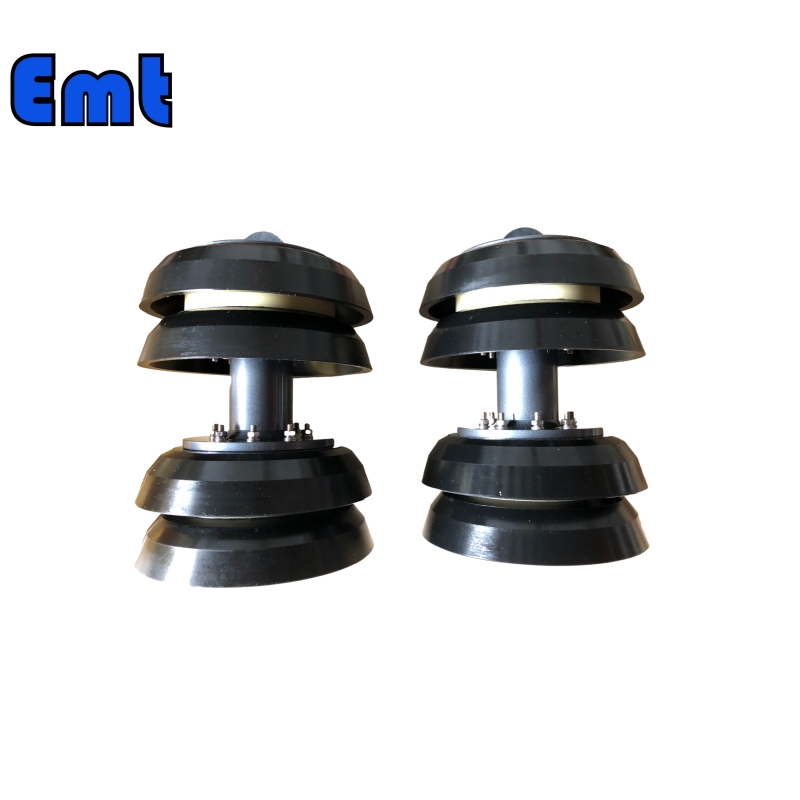
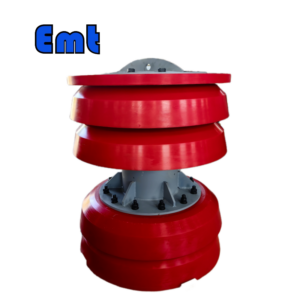
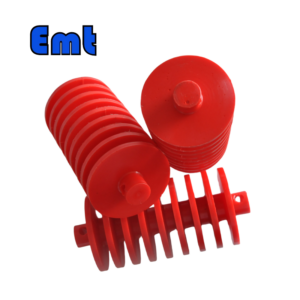
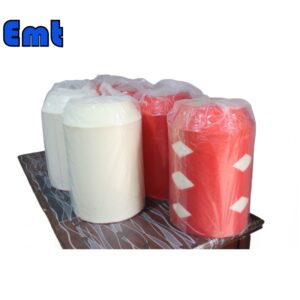
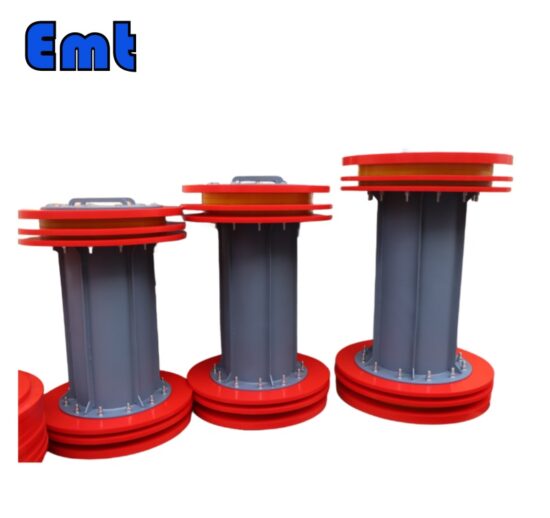
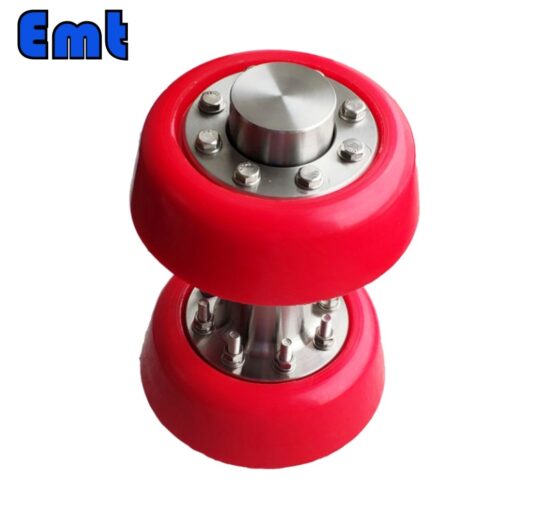
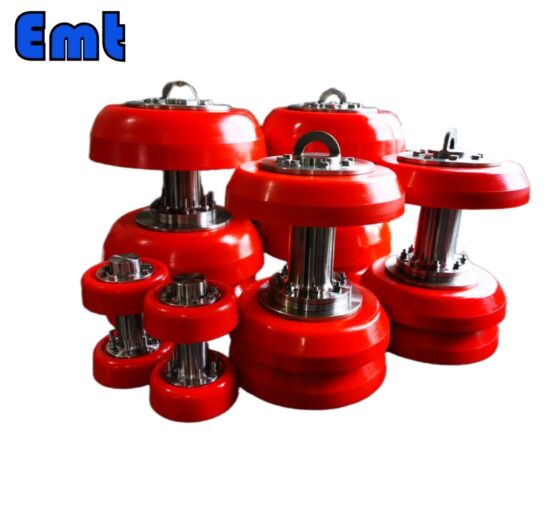
لا توجد مراجعات بعد.